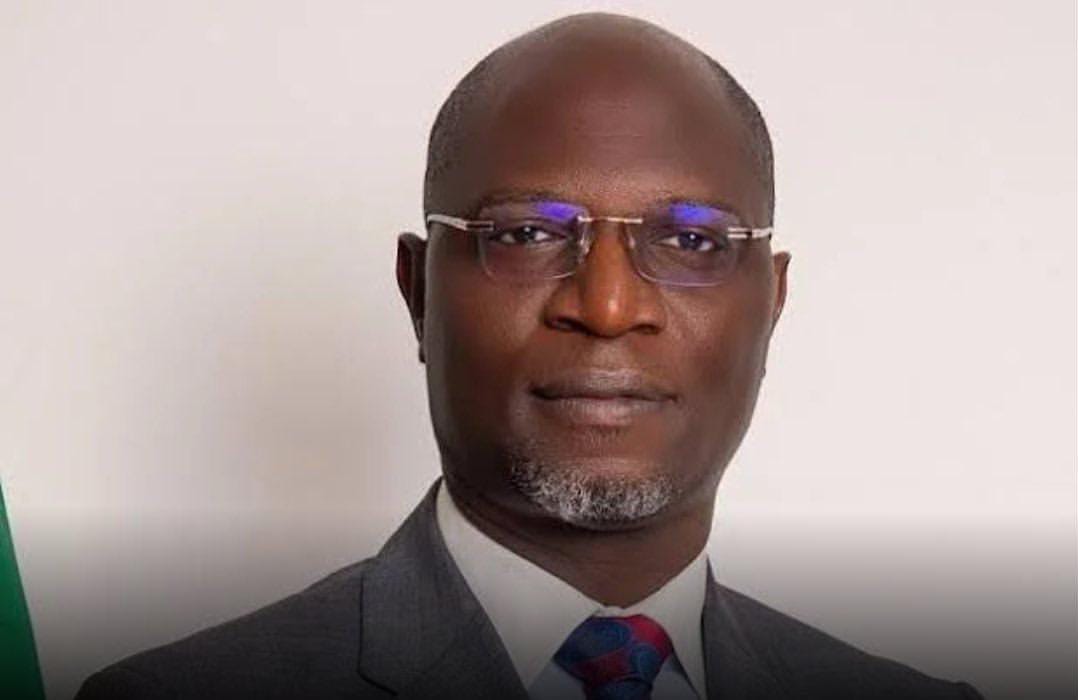The Securities and Exchange Commission (SEC) is actively engaging with emerging technologies and digital innovators to craft regulatory frameworks that support capital market innovation without compromising investor protection, its Director-General, Dr. Emomotimi Agama, has said.
Delivering the keynote at the Comercio Partners H2 2025 Outlook event, Dr. Agama said Nigeria, like many countries, stands at the crossroads of an economic transition driven by rapid advances in technology, shifting global dynamics, and the growing influence of fintech, blockchain, and quantum innovations.
He told participants that the SEC is working closely with fintech startups, blockchain developers, and researchers in quantum computing to ensure that regulations keep pace with innovation. The goal, he explained, is to provide a secure environment for investors while encouraging the development of new financial technologies that can reshape the capital market.
According to him, the world is undergoing a deep transformation in how trade, finance, and investment are structured. “Traditional models of global trade have powered economic growth for decades, anchored on comparative advantage, efficient supply chains, and multilateral cooperation,” he said. “But recent shocks—ranging from the COVID-19 pandemic to geopolitical shifts—have exposed weaknesses in this system. As a result, nations are adjusting their economic strategies toward innovation-driven growth.”
Dr. Agama identified digital economies, decentralized finance (DeFi), and quantum technology as the defining features of this new era. These developments, he said, are reshaping what constitutes competitive advantage in global markets, with intellectual property, data capacity, and technological agility taking centre stage.
On the emerging role of quantum innovation, the SEC Director General described it as the “next frontier” in financial and technological evolution. He noted that quantum computing, cryptography, and secure communications will eventually transform core market functions. “Quantum computing, in particular, has the potential to change how we conduct risk modelling, price assets, and detect fraud—with far greater speed and precision than is possible today,” he said.
Agama added that SEC Nigeria is focused on building a forward-looking regulatory environment that keeps markets open to innovation while preserving integrity and investor trust. “We are working to develop policies that welcome tokenized assets, digital securities, and green bonds—advancing a sustainable and technology-enabled future for our markets,” he stated.
He argued that building a national innovation framework requires targeted investment in education, research, and cross-sector partnerships. “Nations that prioritise STEM education and digital skills will lead the way,” he said, noting that collaboration between government, academia, and industry is essential to equip the workforce for the quantum age.
He urged private sector players to join hands with the government in establishing research hubs, funding pilot initiatives, and scaling new technologies, especially those with transformative potential for financial services.
For Africa, and Nigeria in particular, Agama sees a clear opportunity to leap ahead by adopting new tools and models early. “Africa, with its youthful population and untapped potential, can leapfrog into the quantum economy by leveraging blockchain for transparency in capital markets, applying AI and big data to deepen financial inclusion, and creating innovation sandboxes to safely experiment with new technologies,” he said.
He urged stakeholders to take the lead. “Nigeria, as Africa’s largest economy, must lead this charge. The SEC is committed to creating the right environment to support responsible innovation and ensure the capital market serves the future economy,” he said.






